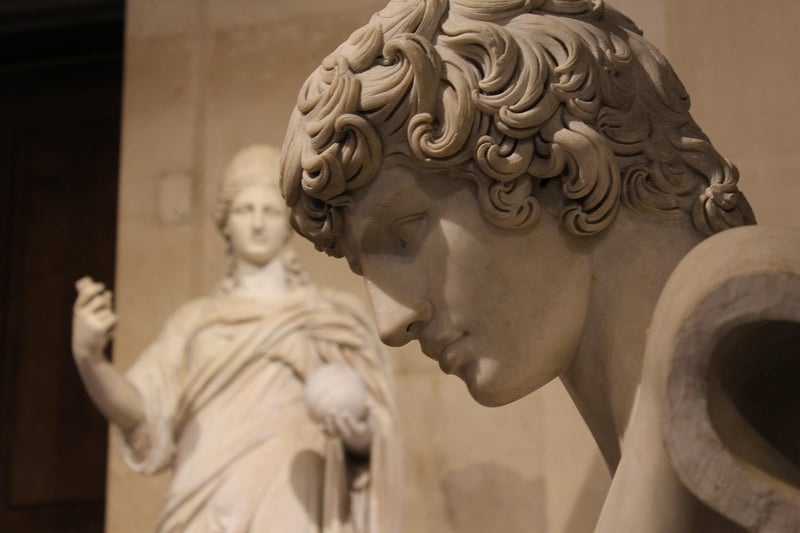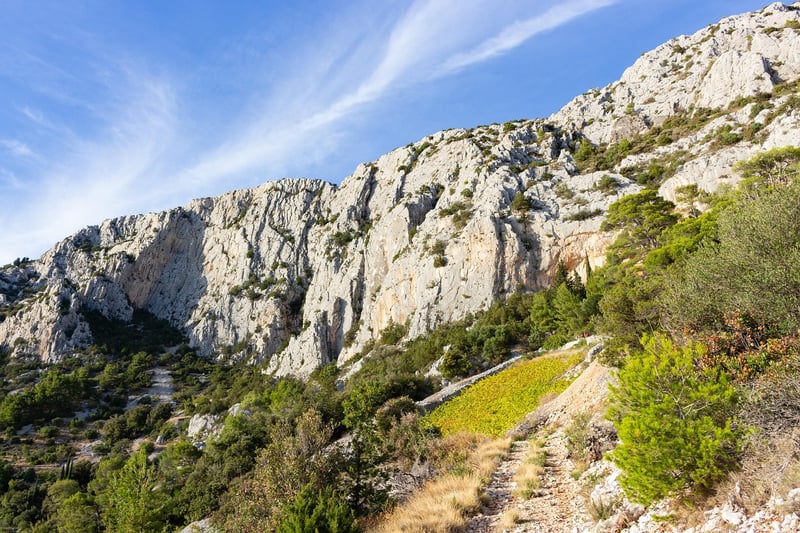Historical Navigators
Unlocking the Secrets of Time Travel with Historical Navigators
Time travel has always been a fascinating concept, capturing the imagination of many throughout history. Whether it's the possibility of revisiting the past or venturing into the future, the idea of manipulating time has intrigued scientists, writers, and dreamers alike.
The Science Behind Time Travel
While time travel remains a work of fiction in popular culture, theoretical physics offers some intriguing insights into the concept. Physicists like Albert Einstein and Stephen Hawking have delved into the complexities of time and space, suggesting that time dilation and wormholes could potentially make time travel achievable in the distant future.
Historical Navigators: Pioneers of Time Travel
Before the era of modern science, historical figures often exhibited a keen sense of navigating time through their innovative ideas and inventions. Leonardo da Vinci, known for his forward-thinking designs and artistic creations, could be considered a pioneer of time travel with his visionary concepts.
Leonardo da Vinci

Da Vinci's intricate drawings of flying machines and mechanical devices hinted at a deep understanding of the manipulation of time and space, inspiring generations to explore the realms of possibility.
Nikola Tesla

Another historical navigator, Nikola Tesla, revolutionized the field of electricity and magnetism, laying the foundation for future technologies that could one day unlock the mysteries of time travel.
Exploring the Future of Time Travel
As technology advances and our understanding of the universe deepens, the possibility of time travel may one day transition from science fiction to scientific reality. While we may not be ready to hop into a time machine just yet, the legacy of historical navigators and the tireless efforts of modern scientists continue to push the boundaries of what we perceive as possible.
So, whether you're a science enthusiast, a history buff, or simply a curious mind, the allure of time travel and the contributions of historical navigators serve as a reminder that the quest for knowledge knows no bounds.
